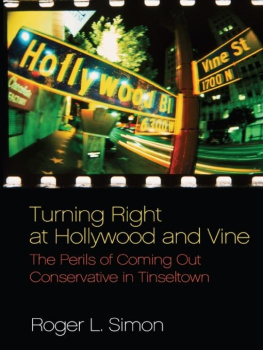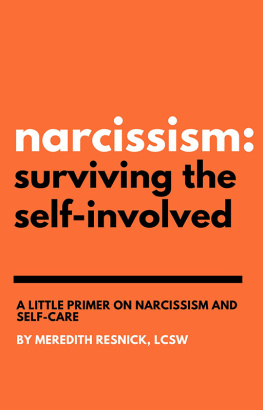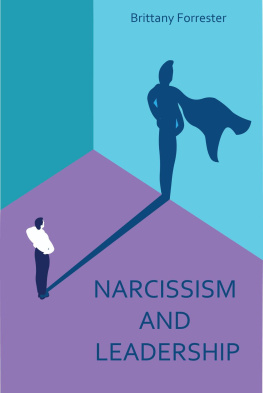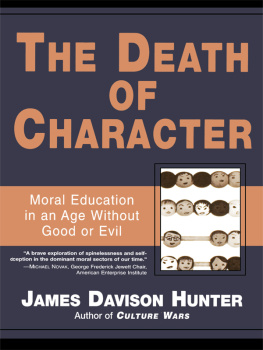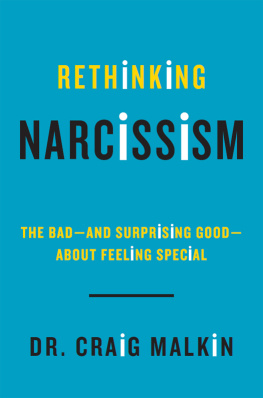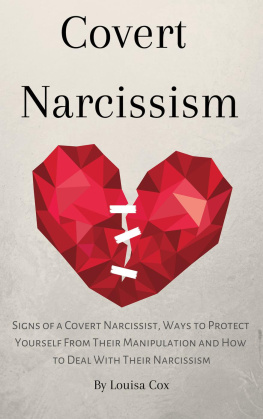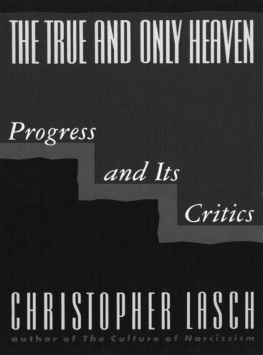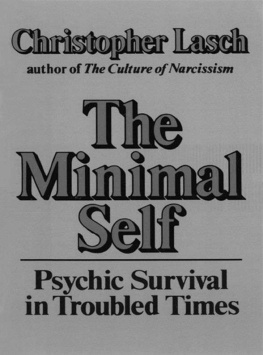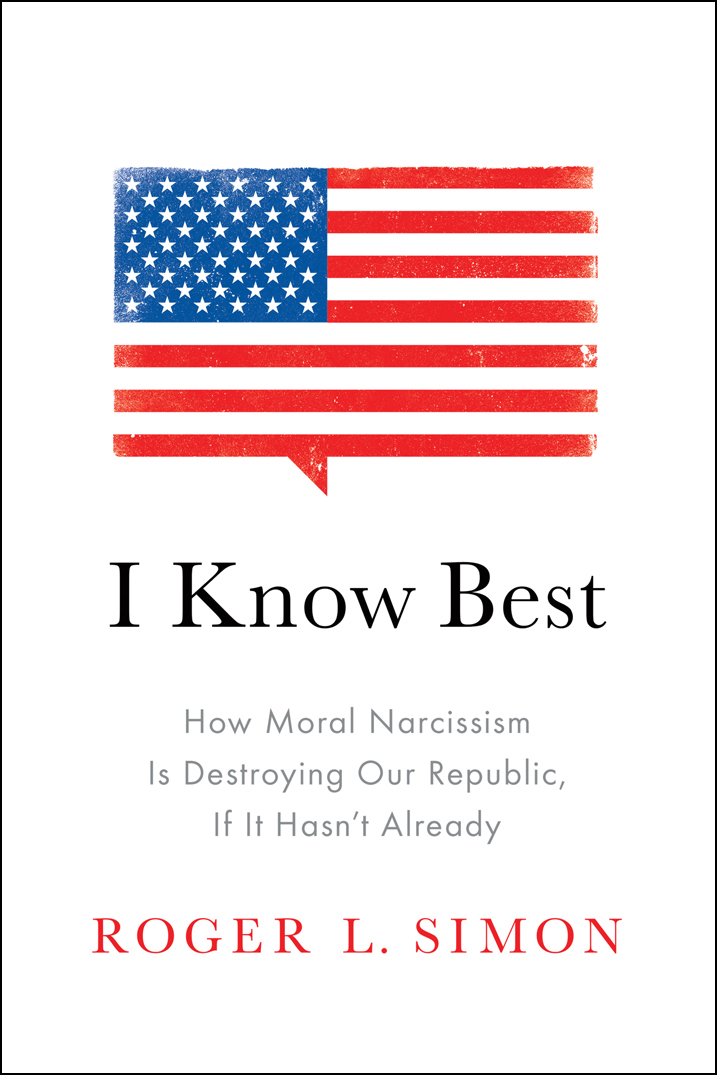BY ROGER L. SIMON
Books
Heir
The Mama Tass Manifesto
The Big Fix
Wild Turkey
Peking Duck
California Roll
The Straight Man
Raising the Dead
The Lost Coast
Directors Cut
Turning Right at Hollywood and Vine
I Know Best
Screenplays
The Big Fix
Bustin Loose (story by Richard Pryor)
My Man Adam
Enemies, A Love Story (with Paul Mazursky)
Scenes from a Mall (with Paul Mazursky)
Prague Duet (with Sheryl Longin)
A Better Life (story)


2016 by Roger L. Simon
All rights reserved. No part of this publication may be reproduced, stored in a retrieval system, or transmitted, in any form or by any means, electronic, mechanical, photocopying, recording, or otherwise, without the prior written permission of Encounter Books, 900 Broadway, Suite 601, New York, New York, 10003.
First American edition published in 2016 by Encounter Books, an activity of Encounter for Culture and Education, Inc., a nonprofit, tax exempt corporation.
Encounter Books website address: www.encounterbooks.com
The paper used in this publication meets the minimum requirements of ANSI/NISO Z39.481992 (R 1997) (Permanence of Paper).
FIRST AMERICAN EDITION
LIBRARY OF CONGRESS CATALOGING-IN-PUBLICATION DATA
Names: Simon, Roger L. (Roger Lichtenberg), 1943 author.
Title: I know best: how moral narcissism is destroying our republic, if it hasnt already / Roger L. Simon.
Description: New York: Encounter Books, [2016]
Identifiers: LCCN 2015028553 | ISBN 9781594038068 (ebook)
Subjects: LCSH: Political cultureUnited States. | Political psychologyUnited States. | United StatesMoral conditions. | United StatesPolitics and government2009
Classification: LCC JK1726 .S56 2016 | DDC 306.20973dc23
LC record available at http://lccn.loc.gov/2015028553
Interior page design and composition by: BooksByBruce.com
Theres nothing so bad for a woman as a man who thinks hes good.
Oscar Hammerstein
Table of Contents
Guide
AN ANNOTATED TABLE OF CONTENTS
In which the author explains why hes botheringonce againto examine why half of America doesnt talk to the other half and why neither side changes its opinion about anything almost ever.
Why the authors generation, those born during and just before World War II, like John Lennon, Gloria Steinem, and imitators like Bill Clinton (not the boomers), are responsible for just about everything that has gone wrong with our culture and are the original, postwar moral narcissists.
What exactly is this form of narcissism that is destroyingif it hasnt already destroyedour families, friendships, workplace atmosphere, and democratic republic?
Jeopardy question: bearded writers. He wrote his most famous works in the library of the British Museum.
Which works better and will last longerA Dolls House or Obamacare?
Grandmother always said, In polite society, when you dont know people, just talk about something neutral, like the weather. That was then, this is now.
Rachel Carson and how environmentalism came to replace Christianity, Judaism, and even Hare Krishna (well, not so much) as our new religion.
What I discovered to be the true motivations behind the snowbound UN Climate Change Conference in Copenhagen.
How and why moral narcissism helped bring back racism and the disastrous racial violence across America at the very time it was starting to diminish.
The great African American educator knew long ago that the Sharptons of the world were the real racists.
How moral narcissists fight the War on Terror to lose.
If you think all religions are equal, you can skip this chapter.
Oh, les beaux jours when we were all at the barricades, pulling up the pavement in Paris!
I want a revolution where everyone can drink cappuccino at the Caf Royal.Daniel Cohn-Bendit of the Nanterre Six, during the Paris events of May 1968.
The irresistible rise of the red bourgeoisie.
And why its stronger and more pervasive than even the Soviet original.
Who is really raping whom?
Nostalgia for Marxisms junior partner.
How I learned to love the Second Amendment by outliving my mother.
Our society has a gaping hole.
Alternative title The Soros and the Pity (with apologies to Marcel Ophls).
Moral narcissism reaches its height in that 2015 month... until the next one.
How do we get out of this? And can we?
Seeing the devil in morally narcissistic clothes.
Living an oxymoron.
In which the author explains why hes botheringonce againto examine why half of America doesnt talk to the other half and why neither side changes its opinion about anything almost ever.
I was already well into writing this book before I realized why I was writing it. It shouldnt have taken that long. As the French say, the more it changes, the more its the same thing. For the last seven or eight years I have been obsessed with one question above all, Why do so few people permanently change their views about political and social issues even in the face of literally earthshaking world events?
A corollary question is, Why do so many people return to their original views so determinedly, even if they have altered them for a short while? What is this pull that makes people go back to where they were, wrapping themselves in what they always thought as if it were a childhood security blanket?
Immediately after the terror murders in Paris in January 2015 at the office of the satirical magazine Charlie Hebdo and the kosher market Hypercacher, historian Jeffrey Herf wrote this to inaugurate his blog for the Times of Israel:
I remember well that in the few months following 9/11, the American intellectual world, especially that of liberals and left-leaning people, was in a state of welcome confusion. The familiar denunciations of American imperialism and the habits of sympathy for national liberation movements that had emerged in the protest against the war in Vietnam in the 1960s did not fit the realities of September 11, 2001.... Sadly, the new thinking did not last long, or rather, it lasted but was supplanted by experts who told stories about a moderate Muslim Brotherhood and about the need to avoid inflaming Muslims with public discussion of Islamism. Many decades of investment in the cultural capital of the conventional habits of left and right were proving too powerful to overcome.
How does this happen? Is it merely human nature? If so, what is it about human nature that makes us behave that way? What is the provenance of these conventional habits Herf speaks of, habits that lock us into tired ideologies and world views that preclude progress and change even as many adopt terminology that pretends to the opposite, proclaiming that they are the future, that they are progressive?
This is the enigma that has fascinated me for the better part of the last decade, after having undergone a political change of my own that began in the 1990s and accelerated after 9/11. This is not just an academic exercise becauseat the tail end of a presidency of a man who is, at best, ambivalent about American Exceptionalismwe are at yet another turning point in Western Civilization and the history of the United States. This is the same politician who, at a fundraiser in 2008, famously accused his adversaries of being bitter people, clinging to their guns or religion or an antipathy to people who arent like them. But perhaps there was an element of projection in that accusation, because if there was any clinging going on, much of it was being done by Barack Obama and his adoring San Francisco audience of the time. And what they were really expressing and reinforcing, that is, clinging to, was not primarily their criticism of their opponentsthat was secondarybut their own collective feelings of superiority to them.


